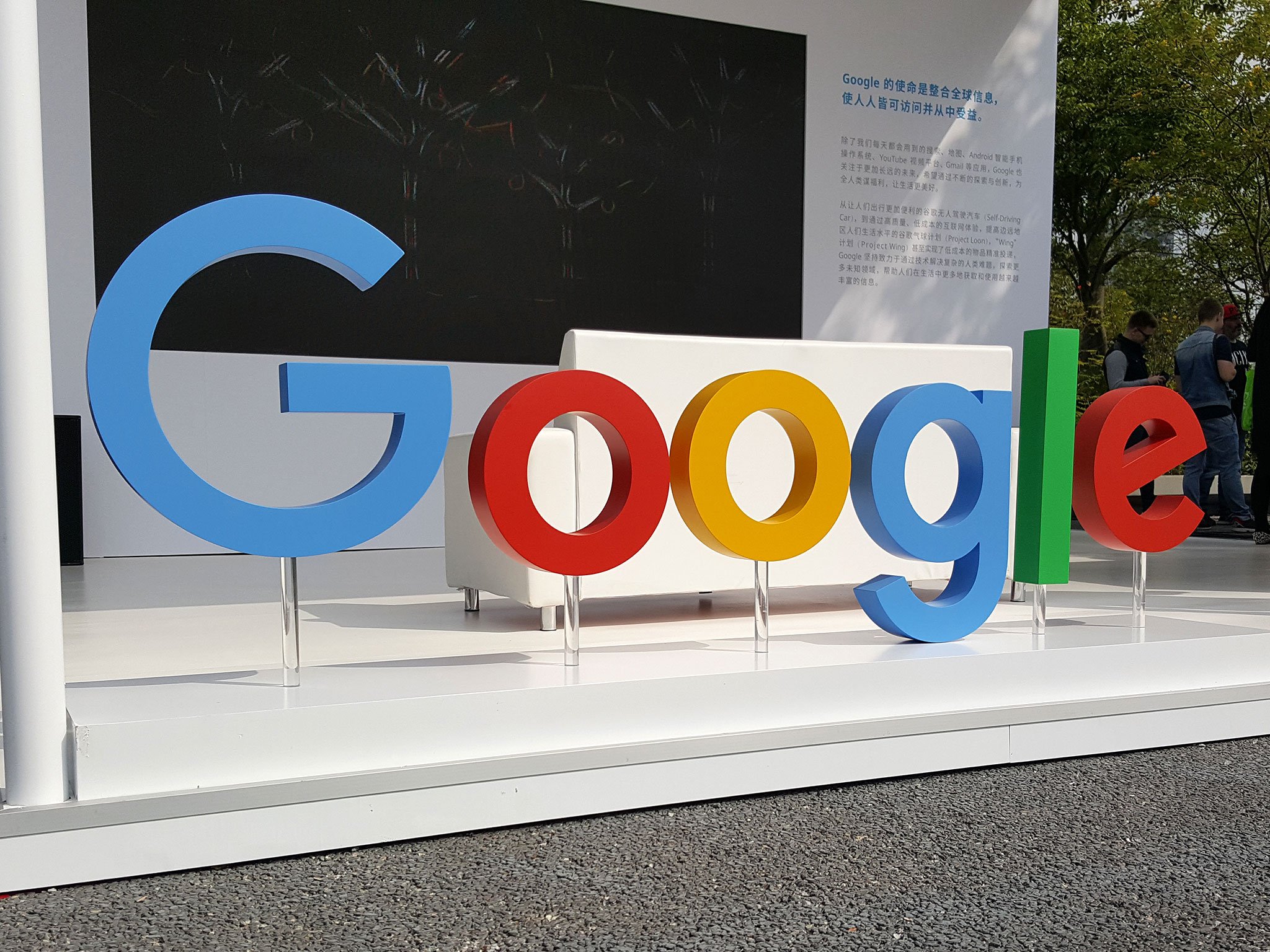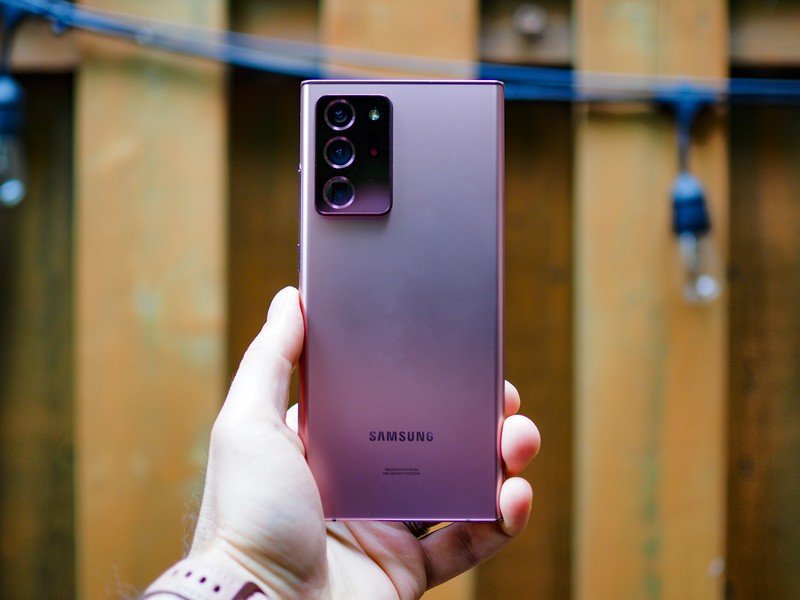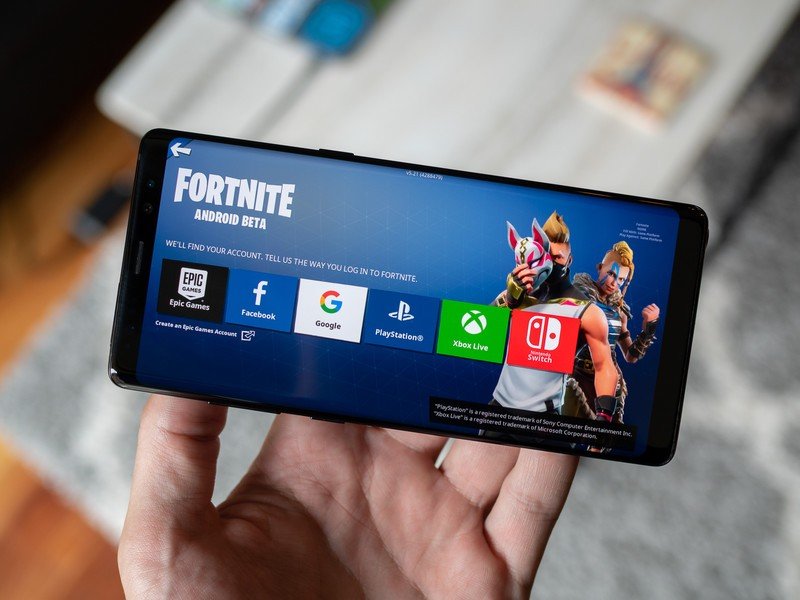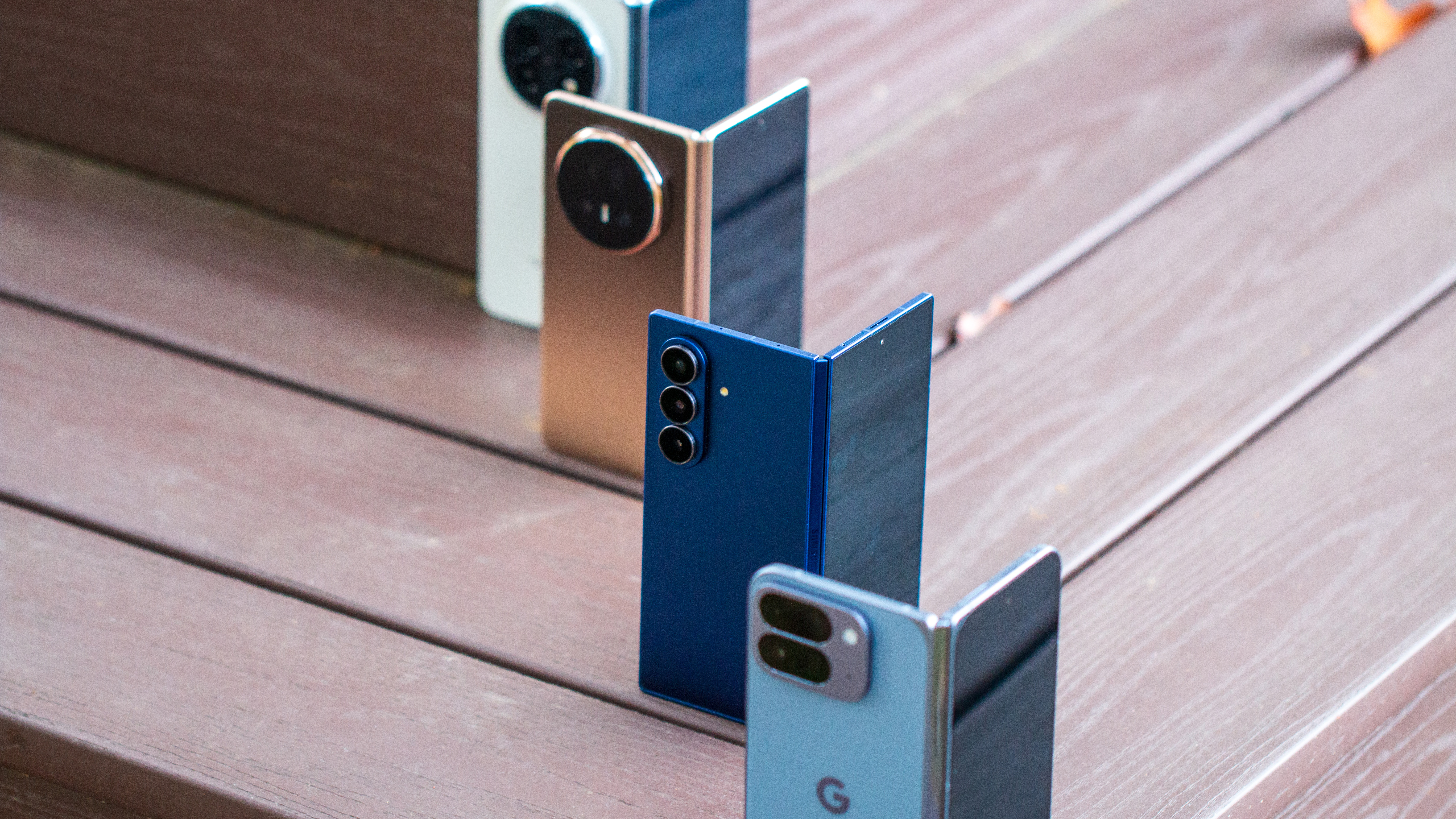Google wants to remind everyone it's not the bad guy when it comes to Play Store rules

Things in Washington are about to get a little hotter for Google and Apple as regulators hear all of the ways that the two companies are pushing around the little guy whenever and however they can.
At the front of the situation on both sides is the question of market power. Specifically, does Google or Apple have enough of it to abuse it? The short and easy answer is yes; these are literal superpowers when it comes to mobile technology. It would be pretty difficult for either to operate in any capacity that wouldn't have a massive effect on the industry as a whole regardless of how each deals with its own app developers.
Strangely enough, though, the company with more actual power has less potential to abuse it because of how Android and Apple's ecosystems work.
Android is almost everywhere

For most people living in the West, seeing an iPhone is an everyday occurrence. In fact, we see so many of them that we can be forgiven for not realizing that about 8 of every 10 smartphones out there run Android in some flavor or another. That still leaves plenty of room for Apple to make money hand over fist every quarter, but knowing that its market penetration is so small is what saves it from any serious anti-competitive measures by the world's courts.
That's surely a blessing because as Google is reminding us today, you can't do something like install another app store and download Fortnite on iOS. Apple is almost certainly going to have to make some changes in its App Store policies, but if it had Android's market share, the developer policies Apple has would never fly.
The inverse is true, too. Google says if you use Google Play to make any money, it deserves a 30% cut. No ifs, no ands, no buts. Google can get away with that because nobody is forcing a developer to use Google Play for anything. Google likes to use the word open a bit freely sometimes, but when it comes to distribution channels, Android really is open. Too open in some ways.
Since Google doesn't force a developer to use Google Play, it can get away with taking 30%. Since Apple is moving fewer devices by way of a simple count, it too gets a pass when the word monopoly gets tossed around. What that means is that even when every lawmaker with a pen in hand is ready to do something Google can still announce that as of next year, all developers will follow the same Google Play rulebook.
Get the latest news from Android Central, your trusted companion in the world of Android
All of this is, of course, horse hookey. Apple moves enough product to be the wealthiest company in the world, and Google holds enough eyeballs that actual device counts aren't a useful metric if you want to keep score. The tiny details each company uses to convince whoever is listening that it is the one playing fair are designed to do just that; you don't need to convince someone of a thing if it's obvious and true. And this is what Google is reminding us of today.
- You can choose to sell your apps through any mechanism, and Google won't take a penny unless you use its own.
- If you try to make money through Google Play, you are charged the same amount as everyone else, even Google itself.
- Google doesn't hide from competition. Instead, it loves being able to give you a choice because, in the end, you will be choosing Android — a Google product.
- Finally, and most importantly, Google doesn't try to stop you from talking to your customers however you like.

Google had to reach way back to April 2019 to let us know it values developer feedback. That's not because Google doesn't really value it; it's because Google tends to be a little more informal about it all. While it's been 18 months since a blog post, user groups where developers from Google are talking to app developers are all over the web. It's a little more casual.
That casual tone may make things like corporate blog posts look out of place when they discuss Epic Game's and their lawsuit or how Microsoft's Xbox Game Pass is a killer experience that outshines Google's own offerings. But these blog posts were never meant to convince us of anything — if you don't already have your mind made up, you're late for the party. They are intended to be read at hearings or as a lead-in for the 6 PM news.
Even when something looks too simple to be useful, Google knows what it's doing.

Jerry is an amateur woodworker and struggling shade tree mechanic. There's nothing he can't take apart, but many things he can't reassemble. You'll find him writing and speaking his loud opinion on Android Central and occasionally on Threads.
